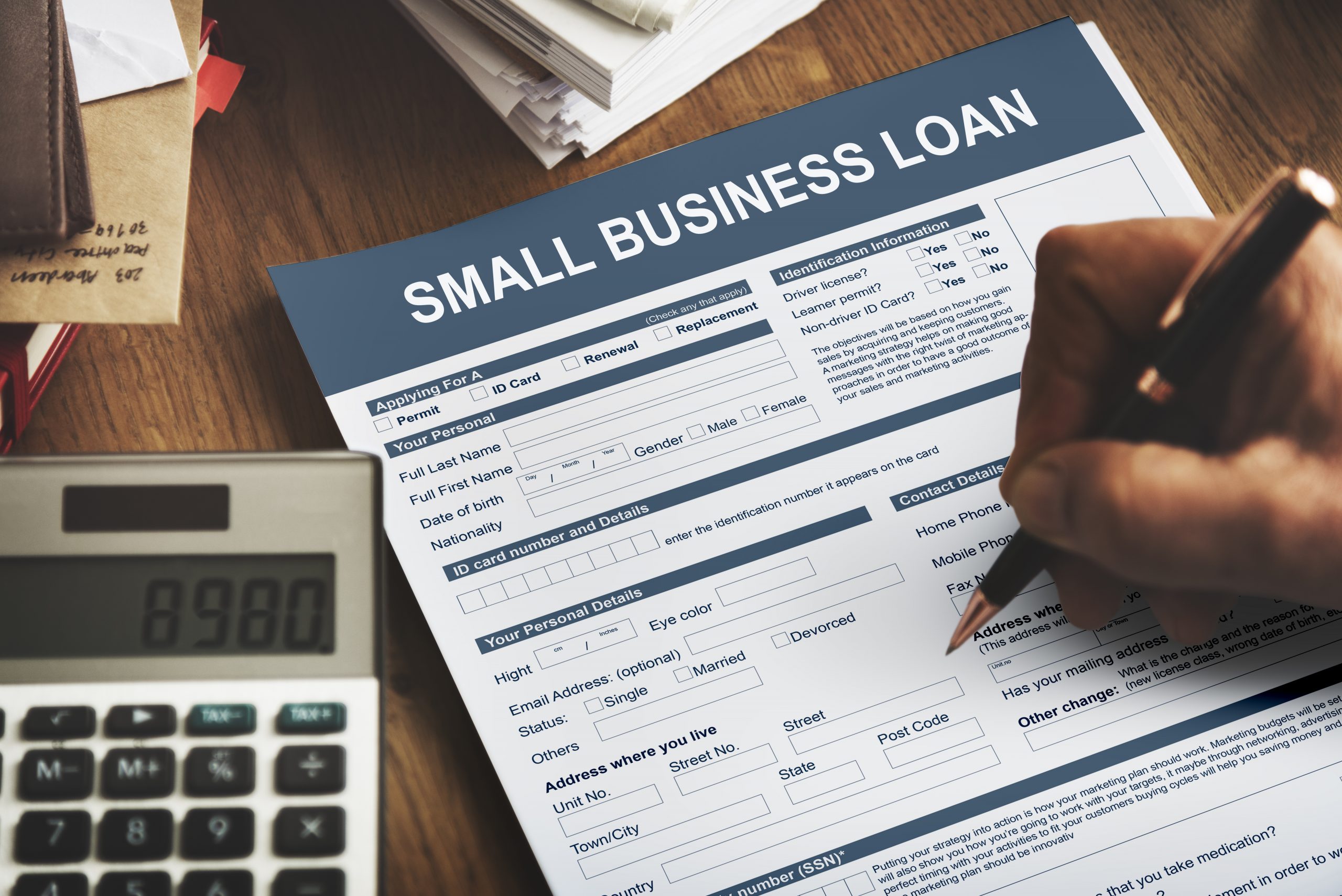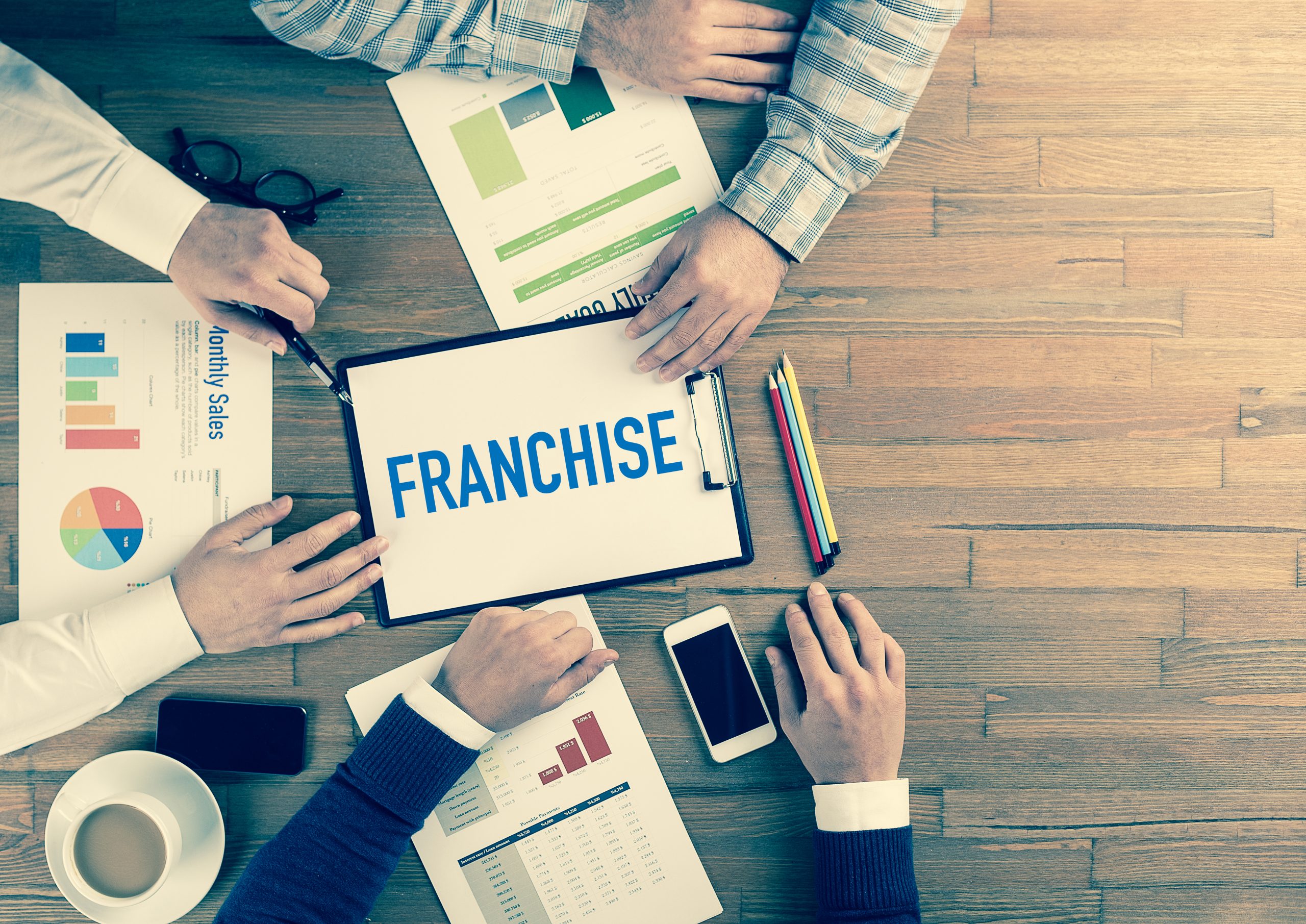A merchant cash advance is a form of financing that business owners can use to quickly and easily inject additional capital into their business. However, just like any other type of funding, it is suitable for some businesses but not for others. Read on to find out if this kind of financing is what your company needs.
What is a Merchant Cash Advance?
Technically, a merchant cash advance (MCA) is not a loan, but as its name implies, it’s a way for businesses to get cash advances to meet their financing needs. The MCA provider will give you a lump sum of cash in exchange for a portion of your future sales.
With traditional business loans, you pay a fixed amount per month. With an MCA, however, you remit a percentage of your credit card sales each day until the amount you owe is paid in full.
How Does a Merchant Cash Advance Work?
MCA providers assess risk differently compared to bankers and other lenders. Instead of looking at your credit history and collateral, they look at daily credit card receipts within the past several months to gauge if your business can pay them back in a timely manner.
When evaluating your application, the MCA provider assigns you a factor rate (usually from 1.14 to 1.5). This factor rate depends on how risky you are as a borrower and determines the fees you have to pay. The cash advance is then multiplied by the factor rate to determine how much you need to pay in all.
How much money you can borrow depends on your average credit card sales over the previous months. The advance usually ranges from 50% up to 250% of your company’s credit card transactions.
Each day, a percentage of credit card sales for that day is withheld by the MCA provider. This percentage is called the “holdback” or retrieval rate and it will continue to be deducted until you have paid the total amount you owe. It is based on your projected monthly revenue and can be anywhere from 5% to 40% but is generally 10% to 20%.
The higher your credit card sales, the faster it will be for you to pay the MCA in full. The repayment period can last 3–18 months but is usually within 6–9 months.
Let’s Crunch Some Numbers
Let’s say that you applied for a merchant cash advance for your retail store. You and the MCA provider agreed upon an advance of $50,000, a factor rate of 1.3, and a holdback of 10%.
That means your fees amount to $15,000 and the total amount you have to pay is $65,000. You will also relinquish 20% of your daily credit card sales until you have paid the provider $65,000.
If your estimated monthly credit card revenue is $60,000, then your daily payment would be $400. At this pace, the MCA would be fully paid after six months. If your company generates $75,000 in monthly credit card sales instead, the daily payment would rise to $500, fully paid after five months. But, if sales falls to $30,000, then the daily payment would decrease to $200 and it would take you 11 months to pay the MCA in full.
Why Choose a Merchant Cash Advance?
The major downside to merchant cash advances is the cost. Compared to traditional business loans, MCAs come with much higher fees and annual percentage rates. In addition, the daily payment schedule can result in cash flow issues in some cases.
Nevertheless, a merchant cash advance may still be a good option for you, especially if you are looking to get business loans for bad credit. Merchant cash advances have several advantages over other funding sources.
It is easy to apply for funding. Most MCA applications can be done online and require minimal paperwork.
It is easy to qualify. Banks and other loan providers have strict requirements and a lot of required paperwork. With MCAs, most small businesses will have no problem qualifying because you can still get funding even if you have bad credit or your business is new.
Approval is quick. While applications for small-business loans typically take a long time to be approved by traditional lenders, a merchant cash advance is approved within 1 or 2 days and the cash advance will be in your bank account a few more days after that.
There is no need for collateral. Merchant cash advances are unsecured, so you do not have to risk losing your house or any of your other assets just to get additional funding for your business. All you need are credit card receipts to prove that your business has a steady monthly revenue and can thus pay the advance.
Payments can be flexible. With traditional business loans, you might struggle with paying the fixed monthly amount during slow months, which might even result in additional penalties in case of delayed payments. With an MCA, you will pay less if business is slow, making the payments proportional to what your company is earning.
Is a Merchant Cash Advance Worth the Cost?
A merchant cash advance is worth its high fees if you are confident that you can pay the money quickly and that the reduced day-to-day cash flow will not negatively affect your business.
An MCA also makes sense when taking advantage of great but urgent opportunities, such as your suppliers offering inventory at a deep discount for a limited period, your company launching a new product line or your business landing a new client that needs to be set up.
A merchant cash advance is also useful for cyclical or seasonal businesses. It can cover your company’s cash flow needs during the slow season and help you prepare for the busy months ahead.
The Bottom Line
A merchant cash advance can provide business owners with quick and easy funding. It will be expensive but if you need the money right away, have poor credit or have no collateral and adequate business history to qualify for other small-business loans, then a merchant cash advance might be your best option.





